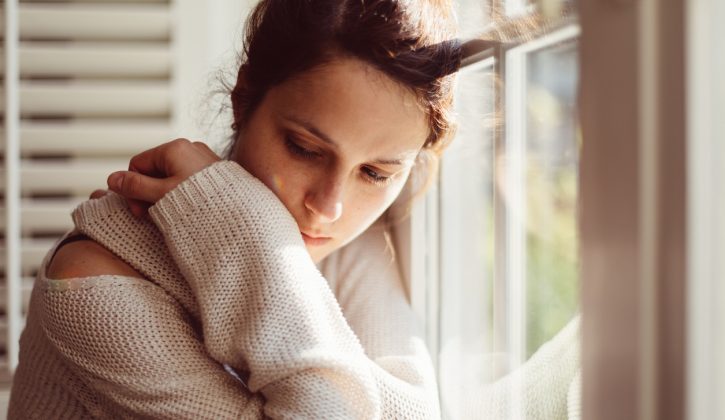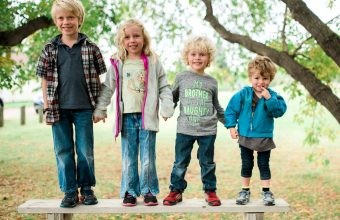Statistics Canada conducted a General Social Survey, looking at Canadian adults who have experienced childhood trauma and its lasting effects.
The survey, gave us insight into the effect of childhood trauma on adults, and indicated that 33% of Canadians have experienced some type of child maltreatment prior to the age of fifteen.
Unsurprisingly, the report found that child victims of physical and sexual abuse were more likely to experience mental or psychological limitations into adulthood.
Recently I began exploring my own troubled childhood and young adulthood. In my first session with a psychiatrist I completed the Adverse Childhood Experience Questionnaire (ACE-Q). This questionnaire is a globally recognized quiz that helps physiatrists diagnose adverse childhood experiences.
Although I was raised in a mostly happy home with a single mother who was devoted to me, I had many abusive experiences that my own mother was unable to protect me from. I wouldn’t have assumed that I had a troubled childhood, but after completing the ACE I was told that my score was quite high, which meant the risk factors for heart disease, diabetes, functional limitations, or self-rated health are also increased.
The fact that experiences I had in childhood could negatively impact my health, and even lead to an earlier and untimely death, is extremely concerning. It motivated me to seek help and find ways to process my childhood trauma so that I could lead a life free from the bondage and bad habits formed as coping mechanisms when I was young.
Through different types of therapy I am working towards healing emotionally, and finding freedom physically too. I have started to notice a lightness about me that I hadn’t experienced before, and an energy in my body that feels calmer and more peaceful.
One of the things that I didn’t expect through processing my childhood hurts was that I would become a more whole and peaceful mother to my three young daughters.
One of the books I was given to read by my therapist is How to Talk So Kids Will Listen and Listen So Kids Will Talk by Adele Faber and Elaine Mazlich. I was told to read this book so that I could work on my own self-talk. One of the key points of the books is validating the emotions of your child, but for me, I had to learn to identify and validate my own emotions first.
As I began to navigate my own inner life and emotions, I found I was also more able to use the tools found in the book with my children too.
I wasn’t lashing out and blowing up either like I once had, and I noticed my relationships with my family members improving. I was becoming the woman I was always meant to be, the woman I would have been had I been allowed to experience a trauma-free childhood.
Instead of feeling desperate and lost, trauma therapy has left me feeling free and peace-filled. I now understand why my physical health risk factors were higher due to the childhood trauma that I had experienced. The way that I was living, from the unhealthy foods I ate, my low activity levels, and the amount of stress I carried in my body, was toxic to my physical and emotional health, and to those around me.
Now that I know the impact of childhood trauma into adulthood and the prevalence of trauma around the country, I feel compelled to urge others to seek treatment. Some even say that childhood trauma has become a public health crisis. But the most important thing to know is that it’s treatable, and once you begin treating your past trauma, you become free to enjoy the life you always deserved.
When I speak with others, I’m now more open about my past, and more honest about how far I have come. I know there’s still more ground to cover, and more healing to experience, and the freedom on the other side leaves me breathless with excitement.
Tagged under: therapy,childhood abuse,adulthood,childhood trauma
Category: family-life






